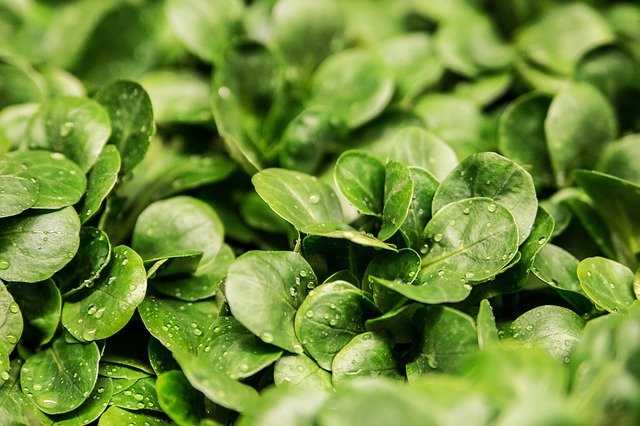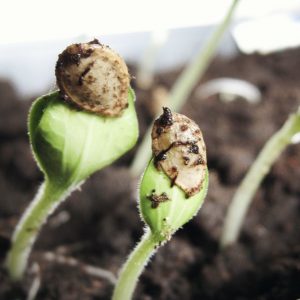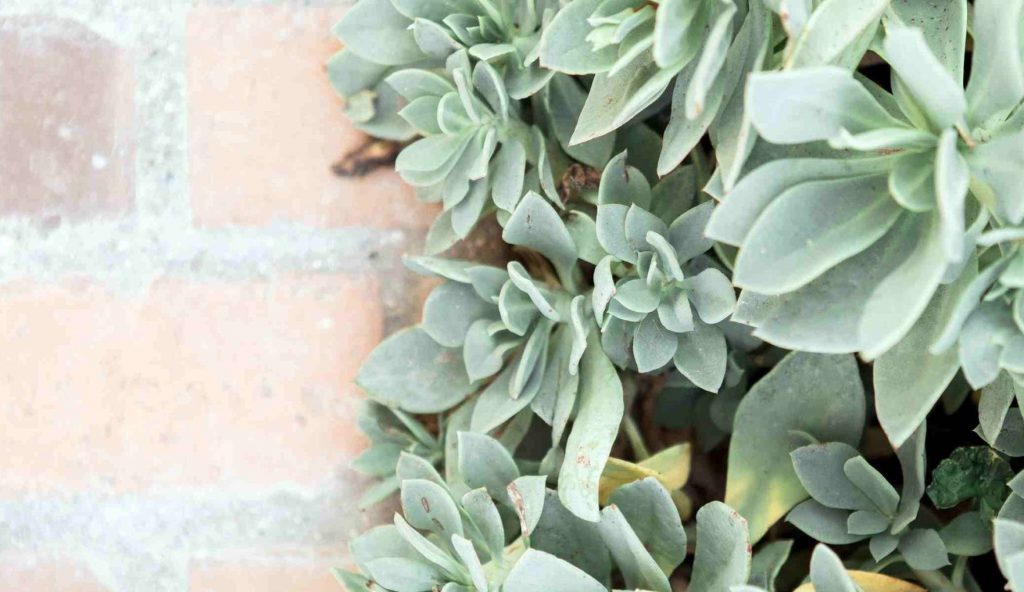As a gardener who was used to conventional gardening, you may take some time before you fully adapt to organic gardening. It is the new trend to a healthier lifestyle.
Organic gardening is a farming practice that doesn’t require the use of synthetic products.
You just need to use organic inputs, compost, mulch, green manure, and organic insecticides to grow your plants. You heavily rely on natural processes, crop rotation biodiversity, and local cycle adaptation.
However, on the other side, conventional farming relies on chemical means to provide plant nutrients, control pests, and weeds. If you want to indulge in organic farming, be ready to use a considerable amount of time to maintain it. Not only will it produce healthy food for you, but also replenish natural resources.
Unlike conventional gardening that can destroy the soil structure due to artificial inputs, organic gardening helps to attract beneficial soil microorganisms. Your plants become part of the larger natural ecosystem. Hence, all the activities you take need to favor nature and reduce pollution.
You can start your organic farm in your garden and you won’t need to hire a professional. If you would like to start your own organic garden now, read my other article regarding tips & tricks on how to start an organic garden.
Say bye to pollution and hello to a healthier lifestyle!
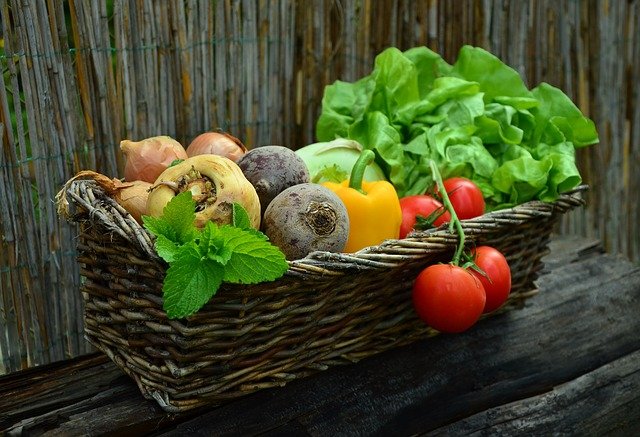
The Importance of Having an Organic Garden
For ideal organic gardening, you will need an organic matter that includes decaying plant, animal waste, grass clippings, dried leaves, and manure. The organic matter can be used as a top dressing or mulch. You need to add enough organic matter to improve the soil’s texture and attract soil organisms that increase nutrients.
- Replenishes Resources
Organic gardening helps replenish the natural resources as you utilize them. Your plants become part of the larger ecosystem. This helps to keep the environment clean, safe and minimizes exploitation.
Organic foods, use the nutrient resources in the soil and still replace them. It is truly sustainable.
- Improves the Soil’s Health
It involves supporting the entire gardening system’s health. This is by building an ecosystem that nourishes and sustains soil microbes, beneficial insects, and plants. It involves soil management, weed management, and pest control.
Organic gardening leads to better soil quality. Chemical use is replaced by the use of organic farming methods. This leads to improvement of the topsoil health and food nutrients.

- Eat Healthy Food
Another major benefit of organic gardening is that you can easily grow healthy food that you can consume in your household.
To a large extent, you get to support insect pollinators to enhance the food chain. Organic food is tastier and healthier. You will get tastier food, fruits, and vegetables that will allow you to enjoy your meals.
Organic produce tends to have lower nitrate content than non-organic varieties. Regular intake of healthy foods will help make you stronger and resistant to most diseases.
If you eat an inorganic vegetable and compare it with your organic vegetable you will note a big difference.
- Reduce Pollution
Organic gardening helps to reduce pollution through the reduced use of pesticides and fertilizers. This will greatly enhance environmental conservation and prevent pollution.
Organic farms provide a haven for small animals in the soil. The small animals help to increase nutrients in the soil that will then be taken up by the organic crops. Regenerative organic gardening can help in reducing global warming.
- Self-Generating
Growing organic food is inexpensive, in comparison to buying food from the grocery store. You can make your own compost and use it in farming. This will save up some cash that you would have used to find the right additives.
Your only expenses will be some timely mineral adjustments. This will lead to better health due to the poison-free organic foods.
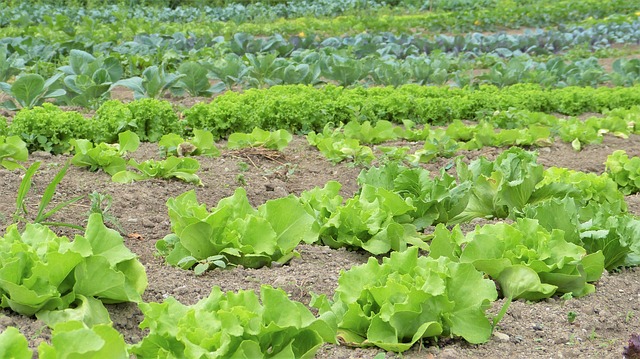
Best Organic Fertilizers & Organic Pest Control Methods
In organic gardening, you need to avoid all sorts of chemicals as much as possible. Try to check your plants often for any problems and take the relevant actions.
1) Inter-Planting
This is a great way to prevent crop infestation. When growing certain organic foods, interplant with a different beneficial crop to improve the soil quality. This helps increase the nutrients in the food.
2) Beneficial Insects
There are some beneficial insects that you can use to get rid of harmful pests. Try as much as possible not to use sprays when there is pest infestation. The chemicals may easily kill helpful small animals and insects. The beneficial animals include birds, lizards, and snakes that help to prevent pest infestation in your organic garden.
In the case, that you want to use organic or natural pesticides ensure you know the specific problem that you want to control to prevent killing useful pests and insects.
3) Barriers
There are barriers like floating row covers, yellow sticky traps, and foil collars. They help prevent insects from laying eggs, catch flying pests, and control cutworms and other borers.
Using barriers is more effective than using chemicals, inorganic fertilizers, and sprays.
4) Organic Fertilizers
You can use organic fertilizer derived from natural sources like animal manure by-products, natural deposits like rock phosphates, and plant products like wood ash to help in the growth of your organic plants. Most organic fertilizers offer an earthy smell.
You can even test your soil sample to know whether you require lime to improve your organic plant’s growth.
5) Plant Flowers and Plants
In terms of natural pest control, your main objective should be to keep the pests below damaging levels. . You can plant a variety of flowers and plants that can attract beneficial insects and pests.
You can try to increase the populations of beneficial pests and predators like spiders, bats, birds lizards, and toads.
6) Proper Sanitation
It is vital to practice good sanitation as a form of organic pest control. You can do this by removing disease-infected leaves or plants. Moreover, crop rotation, handpicking insects, pests, and eggs can help to prevent the spread of harmful pests.
You can use natural sprays like neem oil, insecticidal soaps, and some minerals to spray on the organic plants to manage the pests instead of using chemical pesticides.
Start Your Organic Garden Today!
When indulging in organic gardening, grow plants that are well suited for the area conditions. This will prevent the plants from getting stressed up to prevent retarded growth.
If the plants require enough sunlight, don’t plant during winter. Make good use of mulching that helps suppress weeds, conserve water, moderate soil temperature, and prevent erosion.
Try to plant different types of crops at a time. Investigate your plants well, to know what should be done at a particular moment. Organic farming has a lot of benefits, hence, acquiring the right gardening tools, resources and starting planting in the appropriate season.
If you want to prosper in organic gardening, you need to acquire the best gardening tools. You don’t need to buy all the hand tools you find in the store, just the appropriate ones.
Grab a Tool and Start Gardening!
